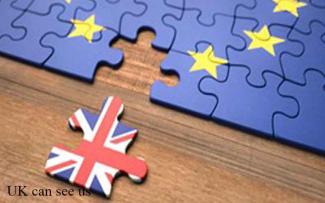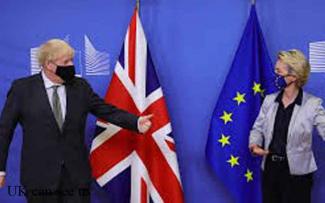The United Kingdom's decision to withdraw from the European Union on June 23, 2016, is referred to as "Brexit." It is a mix of the words "Britain" and "exit."

The UK conducted a referendum on 2016, June 23 to choose whether they should remain in the EU or leave. 17.4 million people voted to "Leave”, while 16.1 million people voted to "Remain”. With 3.8 percent of the vote, Leave won in the end.
On January 1, 2021, the UK parliament accepted a preliminary agreement whereas, on January 31, 2021, the UK exited the EU.
There was a transition phase in effect until December 31, 2020. Everything was the same throughout that period and the UK remained compliant with all the European Union's laws and regulations. During this period, there was significant debate about the UK’s relationship with the EU.
Trade and cooperation agreements, nuclear cooperation agreements, and information security agreements are the three agreements between the UK and the EU.

Although the economy of the UK dropped less than predicted, the UK’s business with the EU was seen to have dropped as the transition period of Brexit has ended. Impact includes,
Trade between the United Kingdom and the European Union is still subject to customs checks, implying that trade is not quite as easy as it was when the United Kingdom was a part of the European Union.
Aside from decreased trade, the GDP of the country decreased by 2.7% in January 2021. But, the decline in GDP is primarily due to limited economic activity during the pandemic, which was imposed shortly after the year began.
The manufacturing and services have been harmed, but this has been somewhat offset by a substantial rise in healthcare spending, because of the country-wide implementation of a test-and-trace system to stop the virus from spreading.
On January 1, the United Kingdom exited the EU's customs union and single market.
Brexit is most likely to be blamed for the sharp drop in exports and imports. Exports to the EU plummeted by 40.7 %, while imports fell by 28.8 % when contrasted with December, the biggest fall since comparable figures began being gathered in 1997.
Export to the nations which are not under the EU increased by 1.7%, while imports decreased by 17.6% from that very same nation.
Two-third of UK exporters have encountered difficulty while exporting their products, with extra documentation being one of the most frequent problems.
